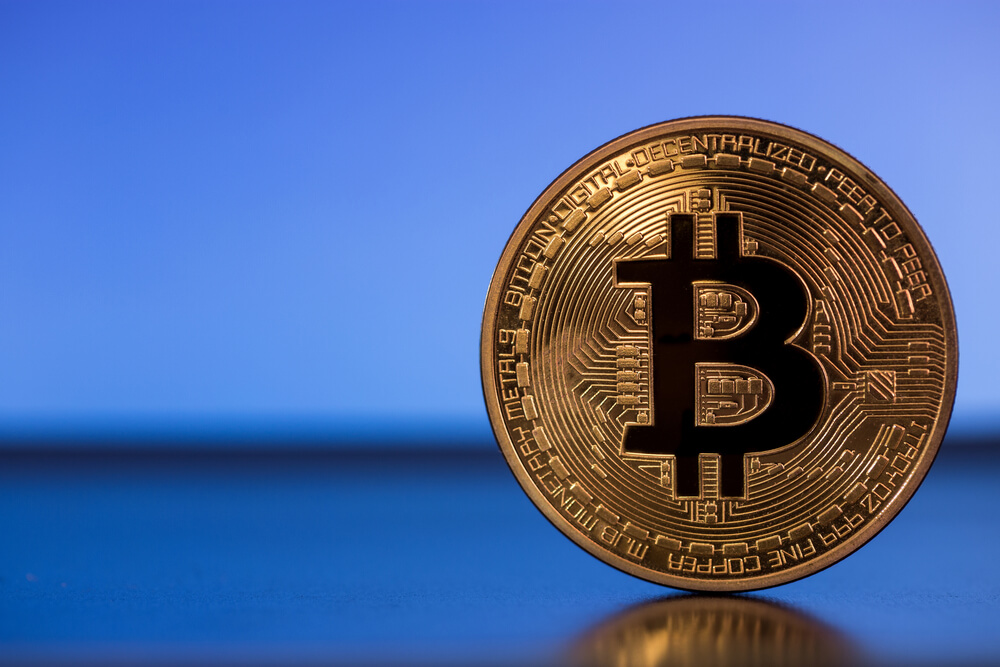Bitcoin Is Property And Not Cash In ‘Clawback’ Action, Bankruptcy Judge Rules

Bitcoin’s dual role as a commodity and a currency can create financial recovery disputes when a company that pays for services using bitcoin goes bankrupt. A bankruptcy court judge made a ruling on Friday in one such case, stating that the cryptocurrency is not the same as U.S. currency, but making it clear that he wanted the ruling confined to a specific legal framework, according to The Recorder , a California legal and technology newspaper.
Bankruptcy Judge Dennis Montali in the Northern District of California said Friday that in the case of HashFast Technologies, a mining company that sued to recover bitcoin paid to a physician for his promotional services, that bitcoin is “intangible personal property” and not cash. This distinction allows the company’s bankruptcy trustee to recover the property or its value.
A Test Case On ‘Clawback’ Actions
The ruling is seen as a test case in how the cryptocurrency should be treated in “clawback” actions, the recovery of disbursed money.
The judge did not rule on the ownership issue involved in the dispute. He said he will decide later if the doctor has to hand over the bitcoin or its dollar equivalent.
HashFast Technologies filed for bankruptcy in 2014, and its bankruptcy trustee claimed the doctor, Marc Lowe, was overpaid and wanted him to return the payment of 3,000 BTC, now worth $1.3 million in U.S. dollars. They argued bitcoin is a commodity that fluctuates in price. The doctor, in response, argued it’s a currency.
Defense Cites Trustee’s Hypocrisy
During Friday’s hearing, Lowe’s lawyer, Brian Klein of Baker Marquart, asked the judge to treat bitcoin as a currency rather than a commodity, thereby reducing about $1 million in value. Klein said HashFast used bitcoin as a currency and a medium of exchange in its business dealings with Lowe and with others. He said it was hypocritical for the trustee to ask for the current value of the BTC the company paid Lowe since it took contrary positions when creditors sought claims that they were owed in bitcoin.
Montali said the bankruptcy code was not written with bitcoin in mind. He said the cryptocurrency is intangible personal property as opposed to cash, a distinction that allows the trustee to recover the property or its value. While HashFast and Lowe may have conducted a deal using bitcoin, “that doesn’t make them dollars,” Montali said.
Also read: Bitcoin — Commodity or currency; California bankruptcy judge to decide
New Legal Territory Concering Bitcoin
Montali noted he was stepping into new bankruptcy law territory. He emphasized that he was not making pronouncements extending beyond fraudulent transfer laws in the bankruptcy code.
Montali told Aron Oliner of Duane Morris, the attorney representing the HashFast trustee, that if he finds the transfer was valid, he will later decide if Lowe must hand over the bitcoin or its dollar equivalent.
Montali said the cryptocurrency might currently be more widely accepted, but “you try paying your bar ticket with one.”
In asking that Lowe return the cryptocurrency or its dollar equivalency, Oliner cited decisions by the U.S. Commodity Futures Trading Commission (CFTC) and the Internal Revenue Service that virtual currencies are not legal tender even though they can be used to pay for goods and services, CCN.com reported.
Klein said even if the court decides the doctor has to give the BTC back, bitcoin should be considered a currency. He cited guidance from a Consumer Financial Protection Bureau finding that bitcoin is “a kind of electronic money,”; the U.S. Treasury Department’s Financial Crimes Enforcement Network; and a Securities and Exchange Commission court argument.
Featured image from Shutterstock.